There are 52,000 students at the biggest higher educational establishment in Portugal, 20,000 of them of other nationalities. Bulgarian culture has been part of this conglomeration of different cultures for more than 30 years. The Bulgarian language is part of the Centre for Slavic Languages and Cultures of the humanities faculty of the University of Lisbon, alongside another five Slavic languages. Head of the Centre is Prof. Georgi Hristovski from Bulgaria.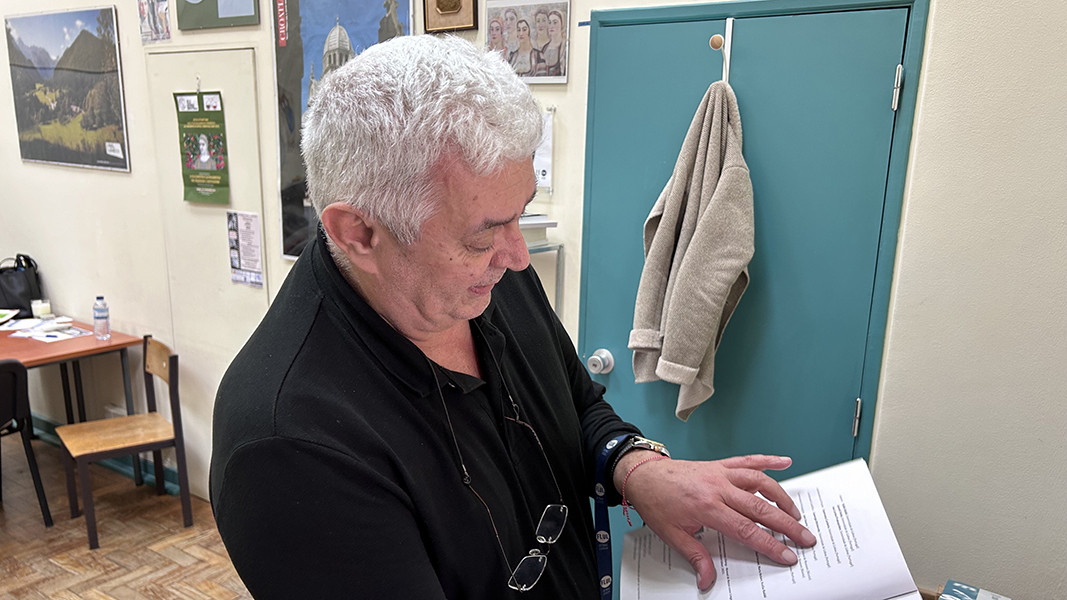
“There are many centres of this kind in the world,” explains Prof. Hristovski. “But in most other places the study of languages is limited – between two and four in number – at the University of Lisbon we have six Slavic languages – Bulgarian, Russian, Slovenian, Polish, Czech and Croatian. In Portugal, university education is 3 years by force of the Bologna process for more accessible education in the EU. There has never been a tradition here for Bulgarian studies, as is the case in Poland, Czechia, Hungary etc. In practice, I was the trailblazer 30 years ago, including by selecting the lecturers in the individual languages back then. And something else we regard as a success – that Slavic languages here can be studied as a sub-major, as an elective subject while studying at any of the faculties, and as an elective subject for people who are not students at all.”
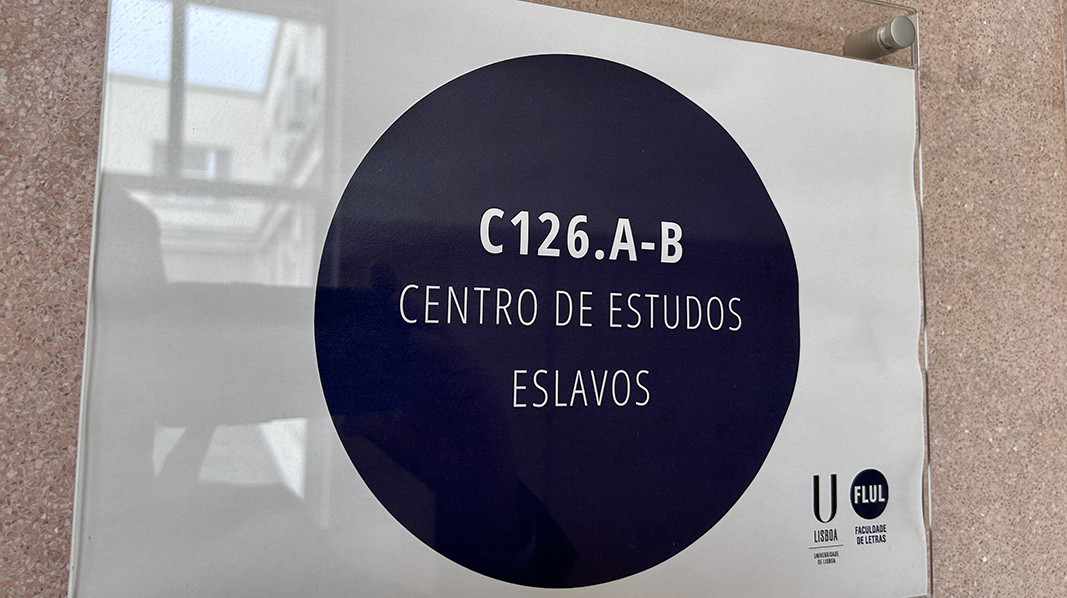
Parallel with the important role he has been playing at the Centre of Slavic Languages and Cultures, for more than 20 years Prof. Hristovski also teaches morphology and phonology of the Portuguese language at the university – a job not easily entrusted to a foreigner. But that is not all – he also lectures in speech and communication, and sociology of communication. In 1985, Prof. Hristovski launched Bulgarian studies at the University of Lisbon. Most of the students who have chosen to study the Bulgarian language are from Portugal, but there are also people from other Slavic countries, as well as form Italy, from China…”
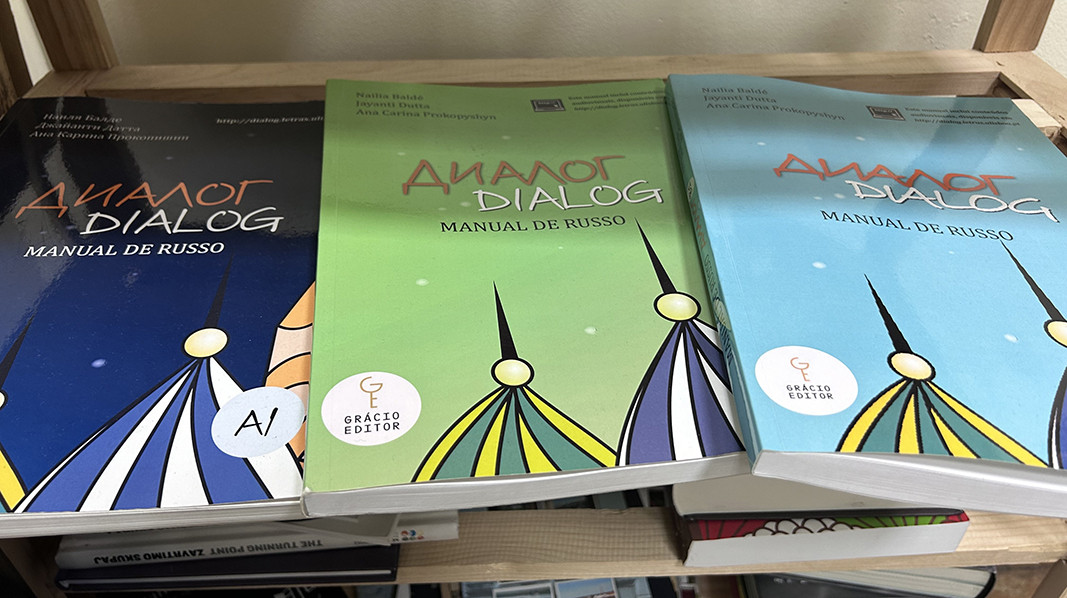
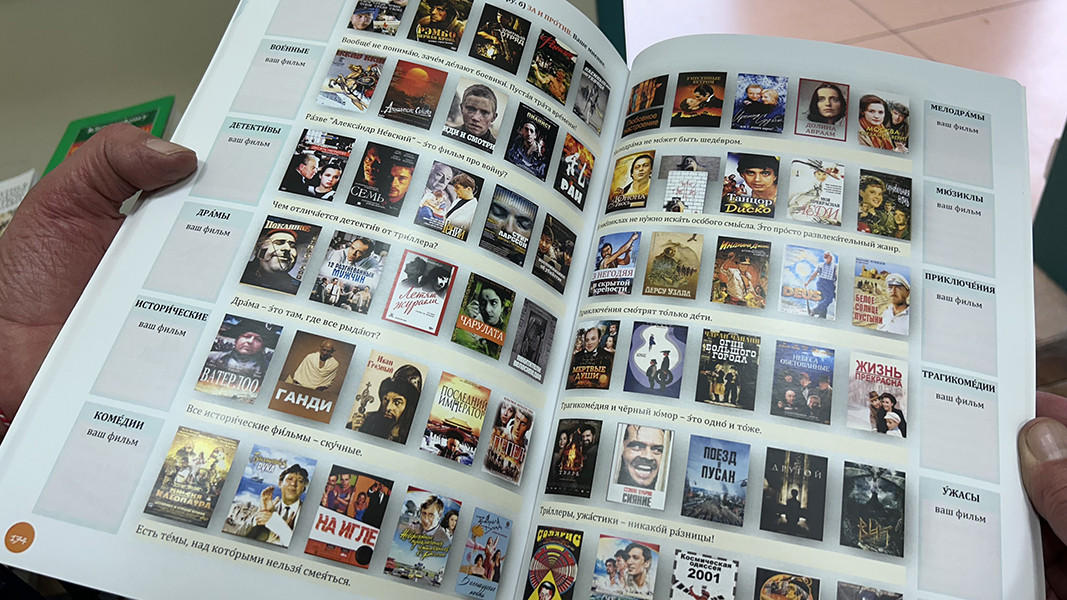
“I have always told my colleagues that. An event is organized by our colleague from Czechia, for example – a presentation, a conference or something else. And we all go. Our Bulgarian or our Russian colleague is doing something – we support them. That is the only way to get ahead. And people get along. They talk to each other as colleagues, they exchange information, data etc.”
Ana Karina Prokopisi teaches Russian at the Centre of Slavic Languages and Cultures. She is Portuguese and is married to a Ukrainian.
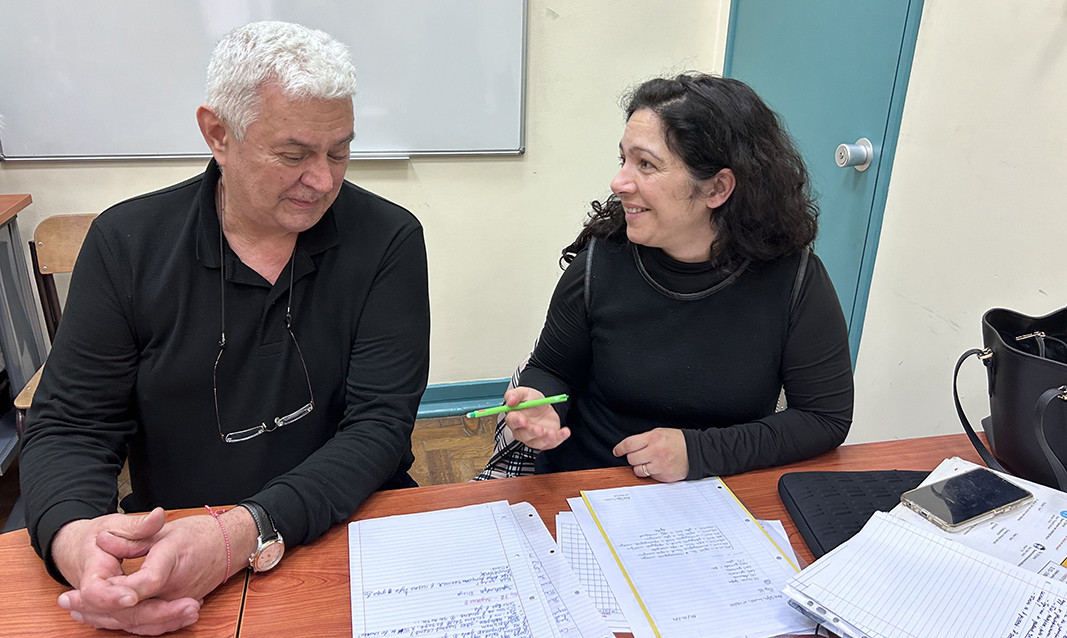
Photos: Krasimir Martinov
What is the impact of digital technologies on the arts, and can theatre, by shifting its core paradigms, continue to offer its unique experience to audiences while pushing them beyond the limits of their own perceptions? Can it take them into realms that..
The conference "The Festival and the City" will be held in Sofia on March 13 and 14, organized by the Bulgarian Festival Association (BFA) with the international participation of experts from the European Festival Association (EFA). During the forum,..
A concert featuring world-renowned Bulgarian violinist, concertmaster and professor Borislava Ilcheva and the Havana Symphony Orchestra Lyceum Mozartiano, conducted by maestro José Antonio Méndez Padrón , took place at Havana Cathedral. The event was..
The oldest opera theatre in Bulgaria outside the capital Sofia - the Stara Zagora Opera , which is celebrating a remarkable centennial anniversary this..
For the 51st time, the Ikar Performing Arts Awards will be presented at an official ceremony at the Ivan Vazov National Theatre in Sofia on 27 March -..

+359 2 9336 661
